Chevrolet lemon buyback law applies to new and used vehicles with the manufacturer’s new vehicle warranty.
It covers the following types of Chevrolet vehicles:
More importantly, if the manufacturer or dealer can’t solve a persistent defect after a ‘’reasonable number’’ of repair attempts, the manufacturer must either:
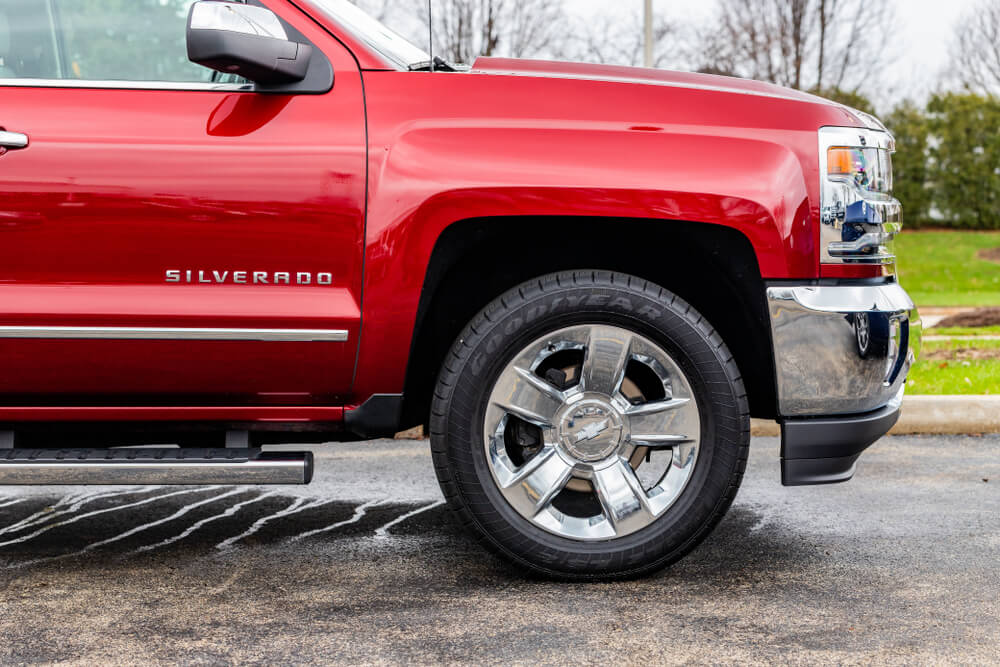
Vehicles qualify for Chevrolet lemon law buyback if they are sold with a warranty and have substantial defects. A defect is any structural, mechanical, or systemic issue affecting a vehicle’s functionality.
A defect is considered substantial if it impairs a vehicle’s use, value, and safety. More importantly, the fault doesn’t have to render a car undrivable; however, it should significantly impact it to enjoy lemon law protection.
While many defects enjoy Chevrolet lemon buyback law, a few exceptions remain.
Vehicle defects that are not covered by lemon law include:
Examples of defects covered by lemon law include:
If your car has persistent defects, you may be entitled to a refund—buyback— under lemon laws. Gather essential documents to support your future claim when you notice recurring defects. First, ensure the dealer gives a well-described repair order each time you drop the vehicle for repairs. In addition, request a repair invoice when you pick it up. Keep copies of other documents such as warranty repairs, original lease or purchase contract, accident history, maintenance records, and correspondence with the manufacturer.
You’ll need to notify the manufacturer about the vehicle’s persistent defect. A manufacturer will then instruct the dealer to fix the fault or request you to fill in the application forms for your buyback claim. Subsequently, the manufacturer may advise you to use their internal dispute resolution mechanism to process your request.
Speaking to an experienced lemon law attorney is advisable. You’ll greatly benefit from the guidance of a knowledgeable lemon law attorney. An attorney will also guide you on the legal aspects of the claim, negotiate for a better offer, and counter manufacturer claims.
Most Chevrolet lemon buyback claims settle without involving the courts. However, you may need to proceed to court if you’re unsatisfied with the offer or when the manufacturer refuses to pay. Therefore, hiring an experienced attorney ready to fight for your rights in the courts is essential.
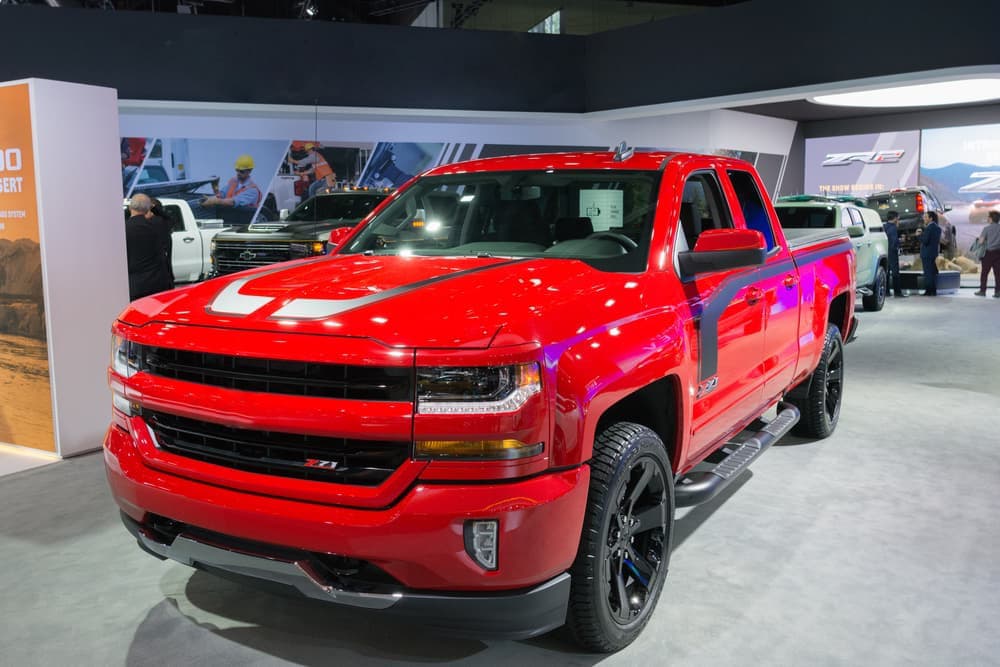
The 2016 Chevrolet Silverado 1500 has high ratings in comfort, interior design, exterior style, reliability, and value for money. It’s a great truck if you love lots of legroom and easy handling. Unfortunately, hundreds of consumers have expressed disappointment with it.
Interestingly, it has approximately 13 recalls affecting crucial components such as airbags, suspension, seatbelts, electronic stability control, electrical system, and hydraulics.
Here are the most common defects affecting the 2016 Chevrolet Silverado 1500:
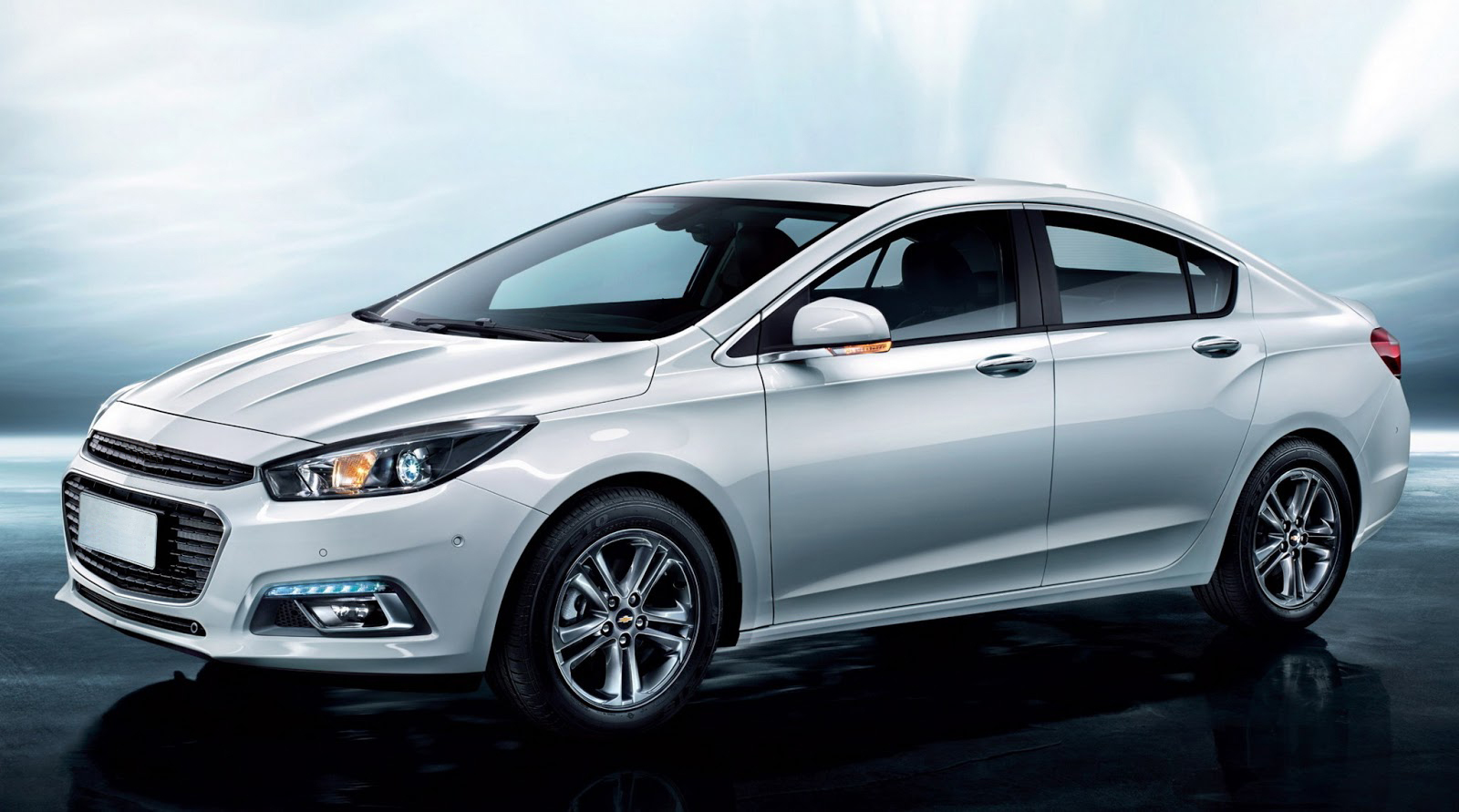
Although the 2013 Chevrolet Cruze 4 DR FWD is a great car with excellent reliability, exterior, and appealing interiors, that’s not all. GM has issued 5 recalls touching on airbags, electrical systems, and, most notably, power trains.
Here are the everyday troubles that consumers deal with;
Other notable issues include exterior lighting defects, service brakes, defective steering, and a faulty transmission.
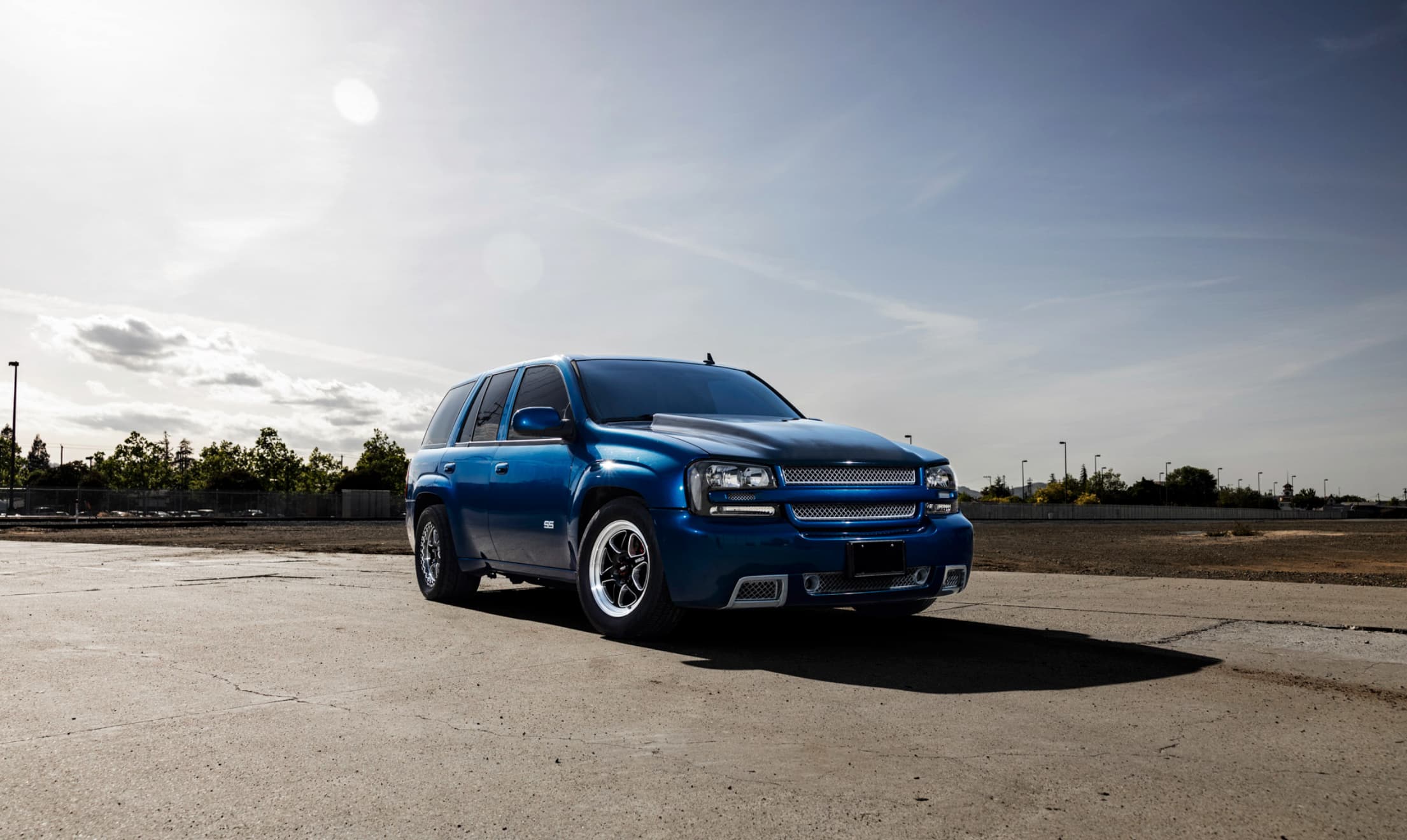
Some of the common complaints expressed by consumers of the 2007 Chevrolet Trailblazer include:
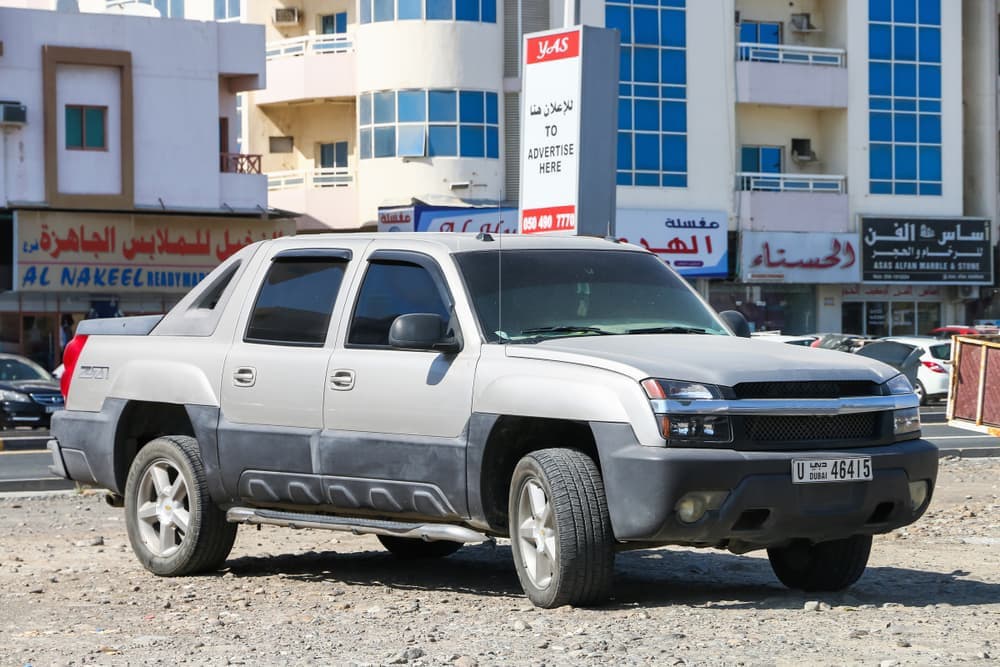
A defective airbag is a significant problem that owners of the 2008 Chevrolet Avalanche have experienced. Some of the issues consumers express include airbags deploying inadvertently improper deployment when the vehicle is not involved in a crash, failing to deploy in a collision, having a cracked dashboard due to an airbag defect, and having an airbag recall that had not been replaced.
Other notable defects relate to the electrical system, power steering, a defective structure, service brakes, suspension, and electronic stability control.
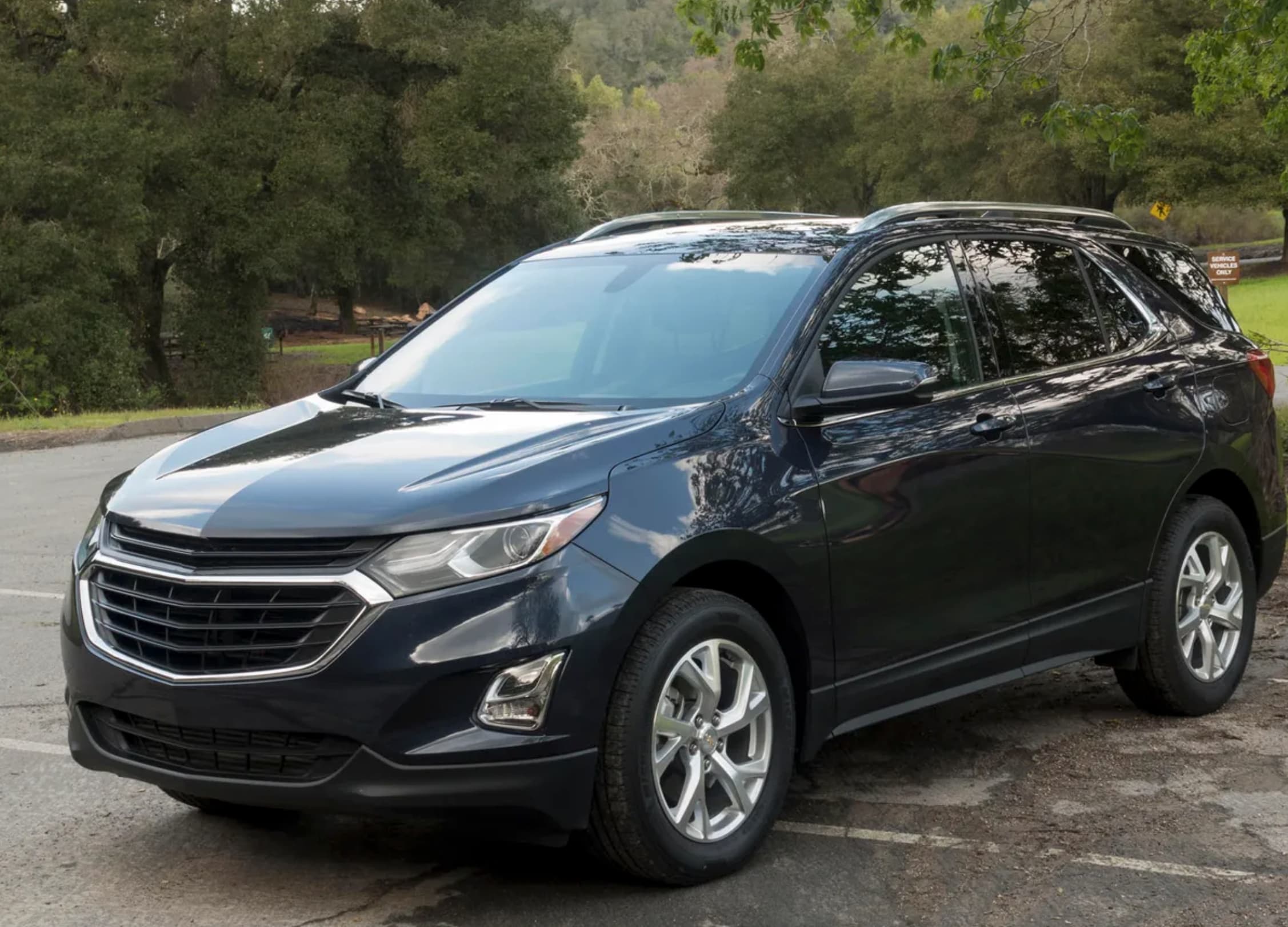
The 2015 Chevrolet Equinox has low-reliability rankings, with many customers complaining about crucial parts such as the engine, exterior lighting, power train, seat belts, service brakes, and electrical system.
Even so, most complaints are related to visibility and wiper defects.
Here is a sample of the complaints:
Call 833-536-5297 or fill out our simple online form to set up a consultation with the Lemon Law Lady in California
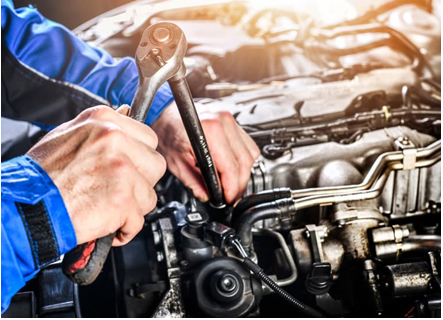
A defective transmission is a common problem with most vehicles, and the Chevrolet is not left behind. Many consumers have complained of troubling symptoms such as slipping transmission, failure to accelerate, trouble shifting, jerking and shuddering sounds, and slipping out of gear. Unfortunately, most transmission issues affect the vehicle’s use, reliability, and safety, especially when the car is on the road.
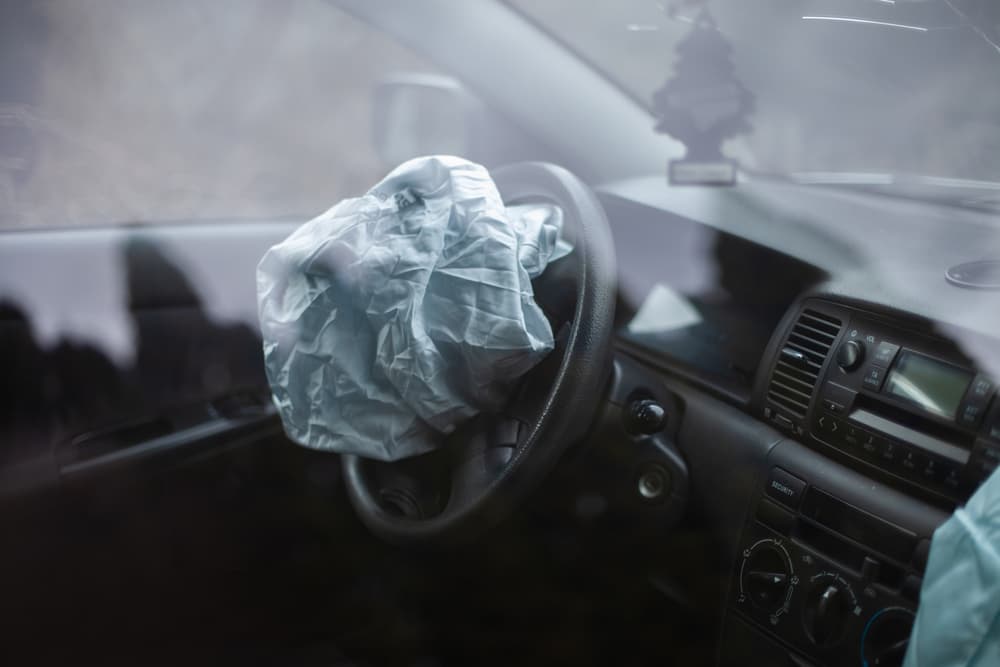
An airbag reduces the chances of your upper body or head striking the vehicle’s interior after a collision or crash. It works by providing a soft cushion or restraint in an impact. Although GM creates top-of-the-range and reliable cars, some have airbag defects.
Some Chevrolet models with airbag defects include:
Some registered complaints concerning defective airbags include failure to deploy, tire blow-out caused airbag deployment as the vehicle moved at ten mph, a recall that didn’t solve the airbag defect, Takata airbags, and inflators.
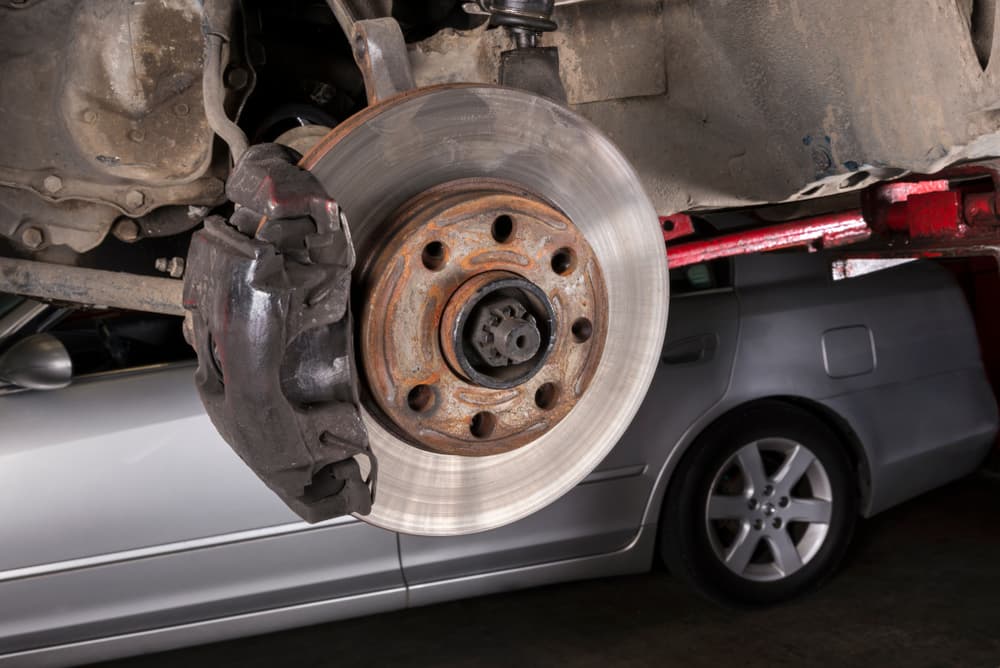
When a vehicle has functional service brakes, it has better handling, higher gas mileage, improved safety, and helps you fulfill inspection requirements.
Consumers have expressed the following complaints related to faulty service brakes:
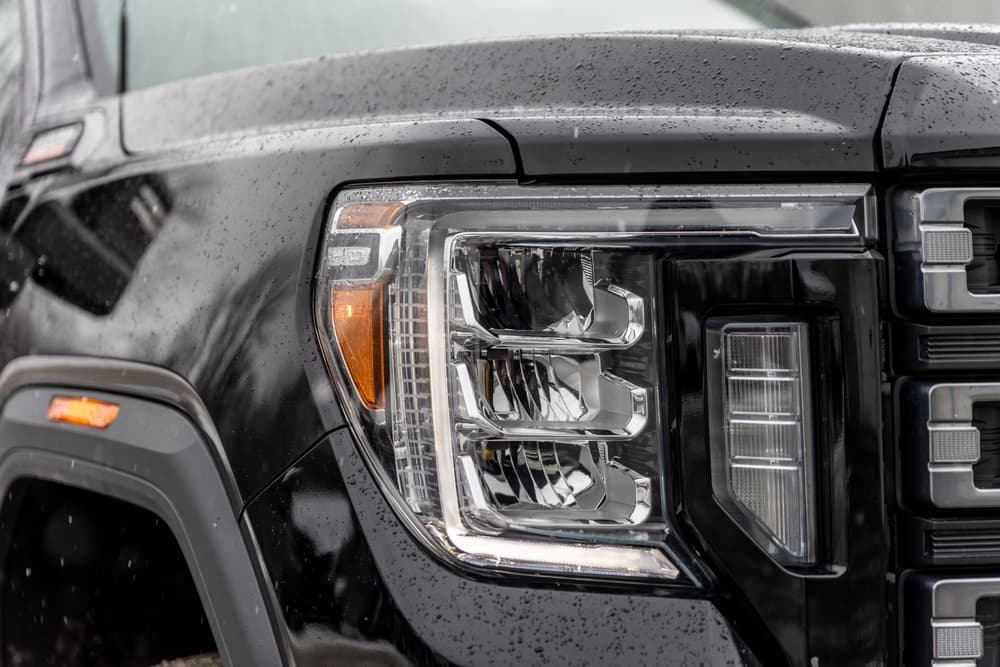
Your car needs functional headlights to help you see road hazards and react on time. Working headlights are crucial during fog, heavy rain, and at night.
Unfortunately, some Chevrolet models, including the 2021 Chevrolet Tahoe and Suburban, have defective exterior lights. According to a recall notice, the Daytime Running lights (DRLs) may fail to activate as intended, resulting in glare, reducing visibility, and increasing the risk of a crash.
Other Chevrolet models with exterior lighting defects include Chevrolet Silverado 1500, 2012 Chevrolet Colorado, and 2007 Chevrolet Trailblazer.
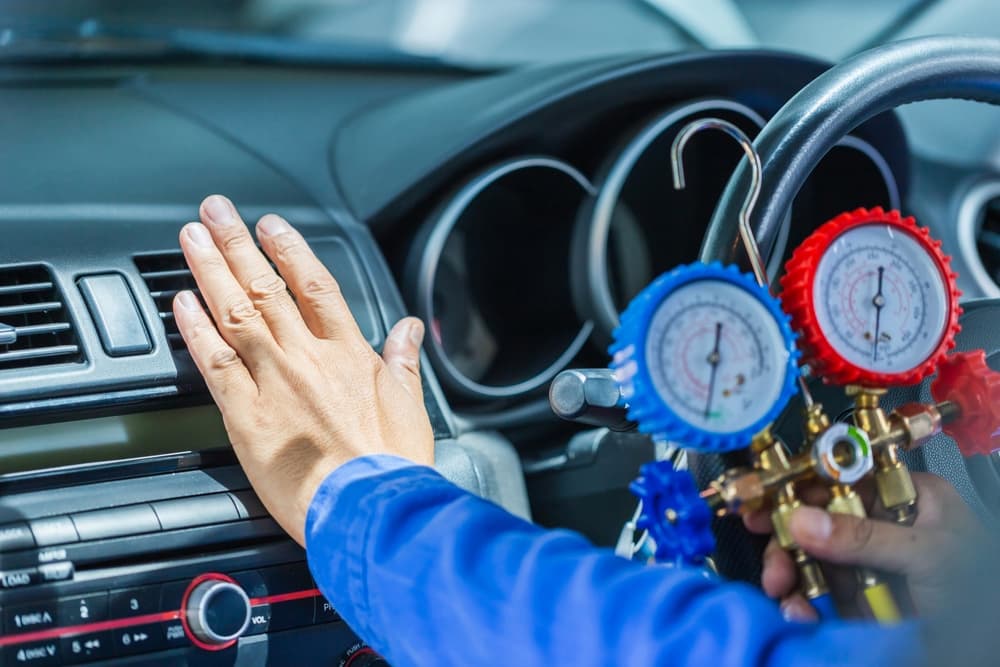
Some Chevrolet owners have reported issues with their air conditioning and heating system that pumps cold air. Common causes of dysfunctional air conditioners include a defective cooling fan, electrical defects, an A/C refrigerant leak, a faulty condenser, or a faulty compressor.
Chevrolet models with faulty air conditioning units include the 2014-2016 Chevrolet Silverado 1500, 2015-2016 Chevrolet Suburban, and 2015-2016 Chevrolet Tahoe.
Here are some of the famous Chevrolet recalls you should know about.
On December 15, 2022, General Motors LLC issued a recall potentially affecting 115 242 units of certain 2017-2023 Chevrolet Bolt EV cars. The recall was dubbed ‘’fire risk after seat belt pretensioner deployment.’’
According to the recall notice, the pre-tensioner exhaust may cause fire on carpet fibers near B-pillars after a crash with a seat belt pre-tensioner deploys. Due to the resulting blaze, the defective pre-tensioner exhaust increases the risk of injury.
General Motors instructed the dealers to install metal foil on the carpet beside the pre-tensioner exhaust and a pre-tensioner cover—if necessary— free of charge.
On September 8, 2016, GM issued a recall that potentially affected 3,640,162 vehicle units. The notice was titled ‘’frontal airbags that may not deploy.’’ The front airbag or seatbelt pretensioner may fail to deploy in case of a crash— that requires deployment— increasing the risk of injury to the driver or front passenger.
The recall affected the following Chevrolet vehicles;
GM instructed the dealers to flash the SDM software and a replacement for vehicles that had a previous airbag deployment.
On May 10, 2023, GM issued a recall potentially linked to 995,085 units of 2014-2017 Chevrolet Traverse, Buick Enclave, and GMC Acadia vehicles. The recall intended to solve a driver’s ‘’airbag inflator that could explode’’.
Unfortunately, an inflator explosion can cause sharp metal fragments to strike the driver or other occupants resulting in serious injury or death. GM instructed the dealers to replace the driver’s air module free of charge.
On February 2, 2023, GM issued a recall to cure a defect ‘’fuel tank failure that may cause the engine to stall ‘’. The recall potentially affects 22,132 units of particular 2017-2019 Chevrolet Silverado 2500 & 3500.
According to the recall notice, a defect in the rear tank may cause it to collapse, preventing the fuel pump from transferring fuel to the front tank and causing the vehicle to stall. A subsequent engine crash increases the risk of a crash.
GM instructed the dealers to inspect the fuel tank and fuel pump module and replace them if need be, free of charge. Dealers were also required to add an engine hose at the rear tank assembly and perform repairs free of charge.
On February 25, 2021, GM issued a recall dubbed ‘’tire failure that resulted in sudden air loss’’. According to the notice, the affected units had over-cured tires likely to break in the sidewalls resulting in sudden air loss or belt edge separation that can lead to thread or belt loss.
Unfortunately, tread or belt loss can cause loss of vehicle control, increasing the risk of a crash. GM instructed dealers to inspect and replace the tires—free of charge if necessary.
Other affected Chevrolet vehicles include:
Lemon laws protect consumers who’ve bought vehicles with persistent defects that manufacturers have been unable to fix after a ‘’reasonable number’’ of repair attempts. Besides enjoying protection, consumers must inform the manufacturer about vehicle defects.
Similarly, consumers should give manufacturers a window of opportunity known as a ‘’reasonable number’’ of repair attempts to fix the defect.
During refund or buyback claim processing, a question always arises whether a manufacturer has made a ‘’reasonable number’’ of repair attempts to fix the defect. The answer depends on the prevailing circumstances, the nature of the flaws, and the ease of discovering the defect.
For instance, two repair attempts are enough if the manufacturer tries fixing a defect likely to cause death or severe injury. The consumer also has every right to keep taking the vehicle for repairs if the dealer or manufacturer can’t duplicate a warranty defect.
Equally, manufacturers have a limited opportunity to fix the defects— for instance, four or more attempts are enough to trigger a claim.
In a nutshell, no fixed number determines a ‘’reasonable number’’ of repair attempts; however, California lemon law presumption offers the following guidelines:
The California lemon law presumption activates when the defect occurs within 18,000 miles or 18 months, whichever comes first.
More importantly, the guidelines contained in California lemon law presumption only offer direction when determining a ‘’reasonable number’’ of repair attempts. The decision is subjective and is made by a judge or arbitrator.
During claim processing, manufacturers beg the courts or arbitration for more opportunities to fix the defect, which could defeat your claim or delay justice. With that in mind, working with an experienced attorney is always advisable to counter the manufacturer’s tactics and maximize your settlement.